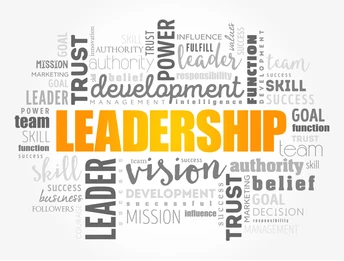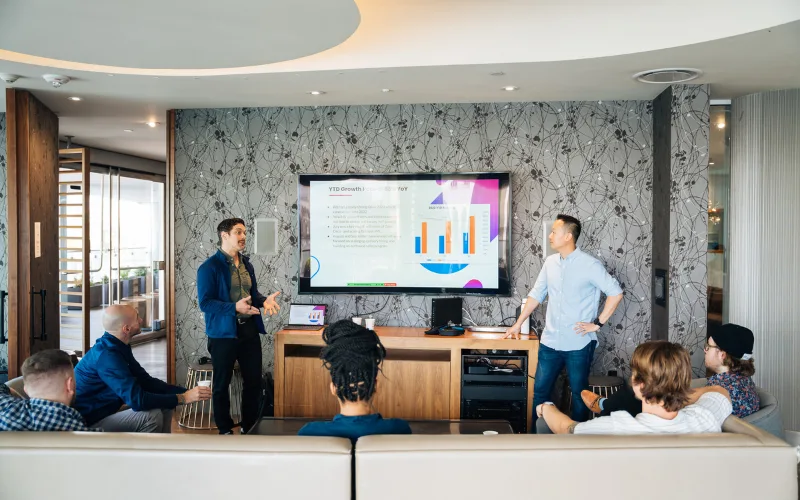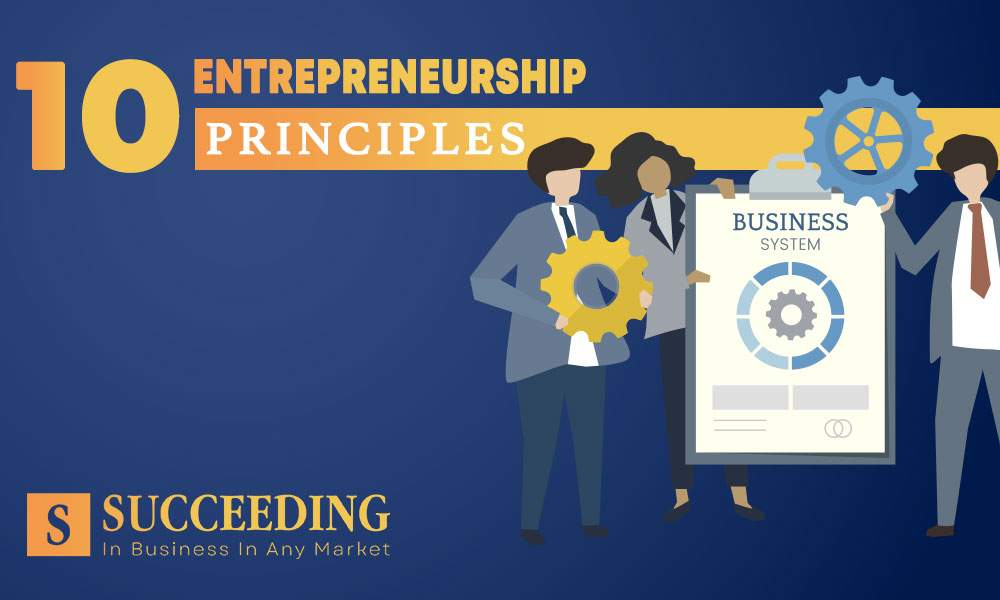Post Date: December 7, 2023

In today’s ever-evolving landscape of leadership, success is no longer solely defined by traditional metrics. It transcends achievements and bottom lines, encompassing a crucial yet often overlooked element: leadership fulfillment. Join us as we embark on a journey to explore the intricacies of “Cracking the Code of Fulfillment in Leadership” and discover why it’s the secret sauce for both personal and organizational success.
Understanding Fulfillment in Leadership:

Fulfillment in leadership goes beyond the conventional measures of success. It involves a leader’s sense of purpose, satisfaction, and joy derived from their role. Unlike traditional leadership paradigms, fulfillment takes a holistic approach, emphasizing the well-being of leaders and their teams. Understanding this concept is pivotal to fostering an environment where leadership isn’t just about authority but also about genuine fulfillment.
The Impact of Fulfillment on Leadership Effectiveness:
Leadership fulfillment isn’t just a buzzword it significantly influences team dynamics and overall performance. Teams led by fulfilled leaders exhibit higher levels of engagement, increased productivity, and a positive work environment. By prioritizing fulfillment, leaders can unlock the full potential of their teams, creating a workplace where everyone thrives.
Key Elements of Fulfillment in Leadership:
To achieve fulfillment in leadership, it’s essential to focus on the key elements:
- Personal Growth and Development: Continual evolution as a leader fosters a sense of fulfillment. Encourage and invest in ongoing personal and professional development.
- Building Meaningful Connections: Strong interpersonal relationships within the team contribute to a fulfilling leadership experience. Foster open communication and a sense of camaraderie.
- Alignment of Values: Connecting personal values with organizational goals creates a sense of purpose. Leaders should ensure that their values align with the mission and values of the organization.
- Recognition and Appreciation: Acknowledging achievements boosts morale and enhances fulfillment. Regularly recognize and appreciate the efforts of team members.
Strategies for Achieving Fulfillment in Leadership:
Empower yourself as a leader with practical strategies:
- Foster a Positive Work Culture: Cultivate an environment that values positivity, collaboration, and well-being. Implement initiatives that promote a healthy work-life balance.
- Encourage Open Communication: Transparent and open dialogue builds trust and promotes fulfillment. Create channels for feedback and ensure that communication is a two-way street.
- Support Continuous Learning: Prioritize ongoing learning and development for both yourself and your team. Invest in training programs and provide opportunities for skill enhancement.
- Recognize and Celebrate Achievements: Acknowledge milestones and accomplishments to foster a culture of appreciation. Celebrate both individual and team successes to boost morale.
Overcoming Challenges in Leadership Fulfillment:
While the path to fulfillment is rewarding, challenges may arise. Leaders can overcome these challenges by:
- Identifying and Addressing Sources of Stress: Stress and burnout can hinder fulfillment. Leaders should proactively identify sources of stress and implement strategies to address them.
- Establishing Clear Boundaries: Balancing personal and professional life is crucial for leadership fulfillment. Setting clear boundaries helps prevent burnout and promotes overall well-being.
- Seeking Mentorship and Guidance: Navigating complex leadership scenarios can be challenging. Seeking mentorship and guidance from experienced leaders can provide valuable insights.
Case Studies and Success Stories:
Learn from leaders who have successfully cracked the code of fulfillment:
Jane Turner, CEO of InnovateTech: Prioritizing employee well-being transformed the company culture, leading to increased innovation and productivity.
Mark Rodriguez, Team Lead at Visionary Solutions: Emphasizing open communication resulted in a collaborative and supportive team environment, driving overall success.
The Future of Leadership Fulfillment:
As leadership paradigms evolve, staying attuned to emerging trends in fulfillment is crucial. The future of leadership lies in adaptability, continuous learning, and embracing new perspectives on what it means to be a fulfilled leader. Leaders who proactively embrace change and prioritize fulfillment will navigate the future with resilience and success.

Conclusion
In conclusion, leadership fulfillment is not a destination but a continuous journey. By cracking the code of fulfillment, leaders pave the way for success, not just in terms of achievements but in creating a positive and thriving work environment. Embrace the principles outlined here, prioritize fulfillment, and unlock the full potential of your leadership journey.
Join the movement of leaders who understand that true success is not just about reaching goals but doing so with fulfillment, purpose, and a positive impact on those they lead. Start cracking the code today!




